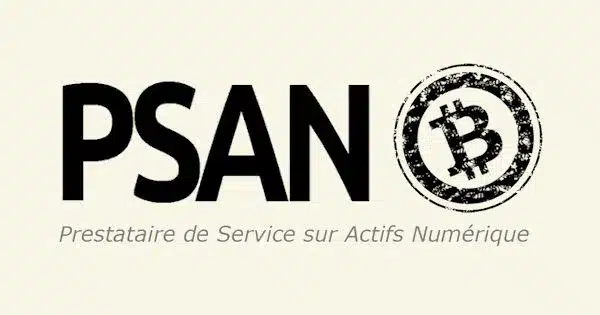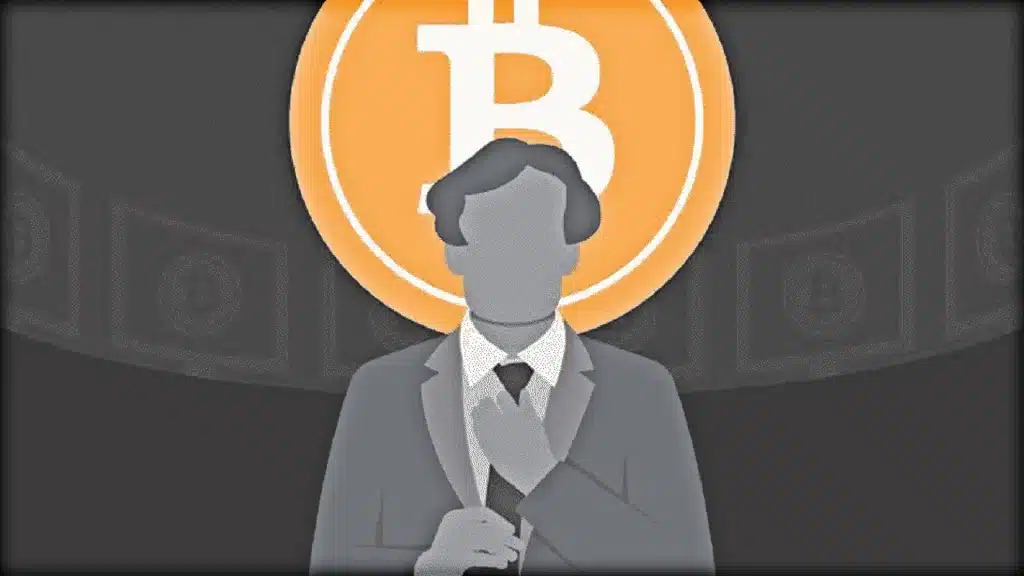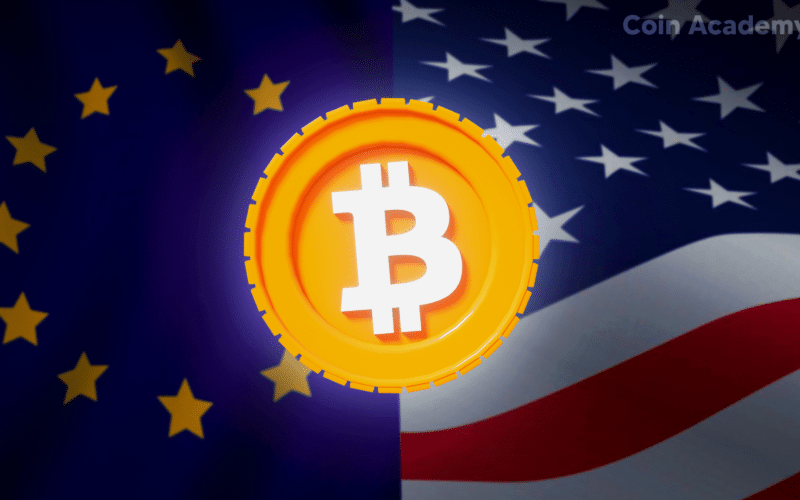Governments around the world are meeting to improve the financial enforcement system. To do this, they use various bodies such as the FATF (the Financial Action Task Force – a governance system indirectly linked to the OECD and the G20), whose main purpose is to fight money laundering and terrorist financing (AML-FT).
Recently, the FATF issued recommendations regarding crypto-currencies, forcing countries around the world to comply. Countries that do not comply with these rules may be banned from international finance.
In the EU, it is the MiCA Regulation that should take up the FATF rules targeting crypto-assets. This framework is supported by the President of the European Central Bank: Christine Lagarde.
The FATF recommendations will have to apply to all intermediaries (the “VASPs”: Virtual Assets Services Providers) operating on the crypto-currency market.
Note: We can also read the term CASP: Crypto Assets Services Providers depending on the jurisdiction, but in this article we will stay on the term VASP that can be translated into PSAN in France.

Among the mandatory rules, we find : an asset freeze device, monitoring of incoming and outgoing flows on your account, communication of your personal data to third parties during each transaction (Travel rules), reporting of suspicious transactions to the State, verification of the source of your funds, control of your personal information, transmission of your information to the tax authorities, suspension of your assets if you are registered on the sanctions list, the possibility of prohibiting you from withdrawing your crypto-assets from certain wallets and/or prohibiting you from accessing certain crypto-assets, etc….
With this arsenal of measures coming into effect, a VASP will need to surround themselves with professional advice from the banking world. The cost of compliance will be (at a minimum) tens and hundreds of thousands of euros each year. VASPs will have to focus primarily on compliance administration, in order to comply with governmental injunctions.
In its current publication, the FATF leaves it up to the states to decide whether or not to ban decentralized finance protocols (the “DeFi”: Decentralized Finance), such as Bitcoin. The FATF also specifies that the rules dedicated to VASPs do not apply to DeFi protocols, due to the absence of an intermediary (legal or physical person) likely to obey them. DeFi protocols are not VASPs in the sense of the FATF.
However, the FATF rules target individuals and legal entities that could have “sufficient influence” over a DeFi protocol. Thus, entrepreneurs willing to participate in the development of decentralized protocols could find themselves threatened by this definition.
Some examples of influential people on a DeFi protocol: Bitcoin Core developers, a personality like Vitalik Butterin (co-founder of Ethereum) or Do Kwon for the Terra Luna ecosystem.

In effect, state agents could look for fault in the entrepreneur who does not obey centralizing rules and who has sufficient control over a protocol.
This FATF definition would allow the State to reclassify as a VASP the persons (natural or legal) who would have a control (total or partial) over a DeFi protocol. These persons would then be subject to the banking law. They would also be subject to criminal sanctions for the illegal exercise of regulated VASP activities.
Faced with this legal insecurity, DeFi entrepreneurs could be pushed to join more favorable (crypto-friendly) jurisdictions in order not to renounce the liberating values of decentralization.
Above all, entrepreneurs aspiring not to fall into the trap of this definition will maximize the end-to-end decentralization of financial applications. Their objective is to avoid (re)falling into the old paradigm of the state-run banking system. More generally, this movement is part of the continuity brought about by Satoshi Nakamoto through Bitcoin.

Eventually, the governments gathered in the FATF could oblige financial institutions (and VASPs) to systematically verify the payment of taxes due by taxpayers. Anyone subject to sanctions would be impacted, regardless of where in the world they are located.
Also, the FATF rules must allow the fight against the financing of terrorists, in other words, those identified as enemies of the state. However, for some FATF members, terrorist financing is similar to the financing of an opposition party wishing to compete with the government in power.
In this regard, the FATF works directly or indirectly with most of the world’s governments, including dictatorships. Thus, the FATF rules could be used as a vector to reduce populations to servitude.
In the worst case scenario, as new and more restrictive rules are piled on top of each other, the VASPs could become sub-branches of an Orwellian system, subordinate to a centralizing authority. This oppression would be combined with the emergence of CBDCs (“Central bank digital currencies”) such as the digital yuan, which would allow for total surveillance and control over the population’s exchanges.

Some VASPs could become entangled in the regulatory formalism desired by the central bankers and bear the burden of legislation contradicting the emancipatory principles of decentralization.
In any case, the FATF rules can only be applied by constraint to centralized financial banking institutions (including VASPs), and can in no way be imposed on truly decentralized protocols.
It is a safe bet that users and businesses will choose decentralized protocols as the supply grows, for the reason that their disruptive properties will become immensely advantageous compared to traditional finance.
In essence, a decentralized protocol such as Bitcoin cannot be subject to any particular jurisdiction. These protocols allow the entire world to trade without borders, according to the rules instituted by these protocols, which are universal, unstoppable and competing.
By maximizing decentralization, the emancipation criteria developed by Satoshi Nakamoto could prove to be particularly effective, disruptive and virtuous.




